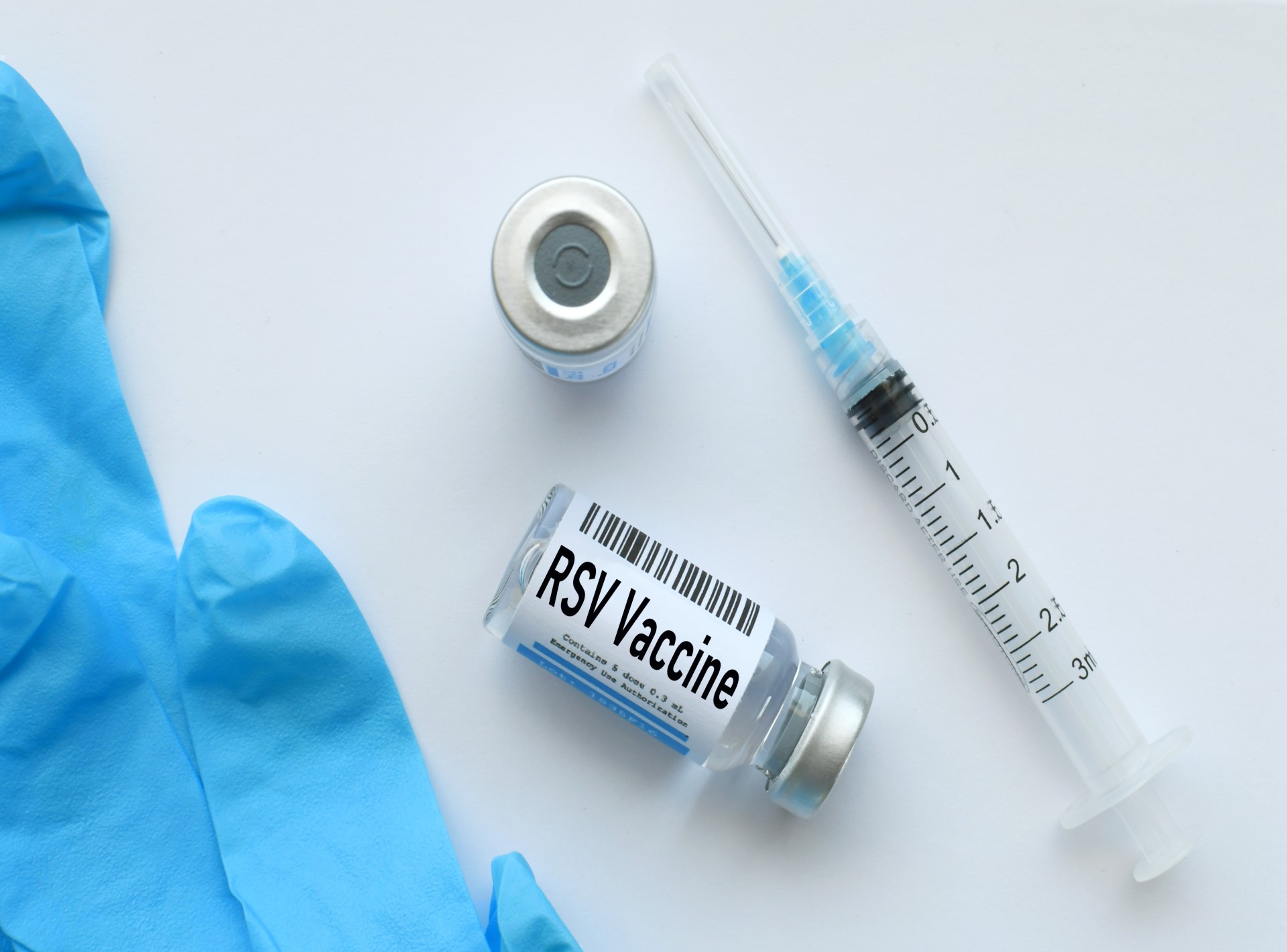
Australia’s first respiratory syncytial virus vaccine has been approved, for use in people aged 60 and over.
The TGA green light for Arexvy, to protect against lower airway infection caused by RSV, follows an FDA approval in the US in May last year.
The vaccine has also been approved in the UK, EU, Canada, and Japan for this age group, with a recent study reporting that the mean mortality rate for RSV‐associated respiratory diseases was as high as 14.7% in patients aged 65 years and above, revealing the clear need for immunisation among this cohort.
Additionally, the high cost of screening for RSV along with similar symptoms as influenza often lead to its misdiagnosis, and the administration of a targeted vaccine for older Australians will offer a valuable level of ‘insurance’ if/when diagnostic errors occur.
Australia only started recording RSV cases in 2021 but the data shows that there were more than 10,500 cases reported in WA last year, nearly 8% of the national total.
As it’s a good old-fashioned recombinant vaccine, manufacturer GlaxoSmithKline Biologicals hopes that it will not be impacted by the rise in vaccine hesitancy linked to the mRNA based COVID formulas.
Arexvy is not currently available as a generic brand and the single, 0.5mL intramuscular injection is supplied in two vials – one with the liquid adjuvant, the other a powder – that need to be kept refrigerated and combined before administration.
The light sensitive vaccine can be kept at room temperature for four hours before it must be discarded.
The safety of Arexvy was evaluated in 15,845 vaccine recipients, with results indicating that it significantly reduced the risk of developing severe RSV-associated LRTD by 82.6% overall in participants 60-years-of-age and older.
Efficacy rates for 60-69 years was 81%, was 93.8% for those 70-79 years, and 94.6% for patients over 60 who had at least one other comorbidity.
GSK reported that there were no long-term negative health impacts from the vaccine with the most reported adverse reaction being injection site pain (60.9%), followed by fatigue (33.6%), myalgia (28.9%), headaches (27.2%), and arthralgia (18.1%).
However, according to a commentary piece in Health Science Reports, published by Wiley at the end of last year, 10 vaccine and four placebo recipients developed atrial fibrillation within a month of vaccination, and when Arexvy and the flu vax were given simultaneously, “two participants developed acute disseminated encephalomyelitis (ADEM), one of whom died.”
According to the same report, “the cost‐ effectiveness of Arexvy, its contraindications, and the need for booster doses should be explored by researchers to enhance its real value in protecting against RSV in older adults.”
“Additionally, it is imperative to ascertain that the RSV vaccine does not interfere with the immunisation schedule for other diseases, especially measles, as both measles and RSV peak in winter through early spring.”
The cost for a 120mcg dose of Arexvy in the US is around $2,958 for a supply of powder for 10 injections – or roughly $280 per dose.

